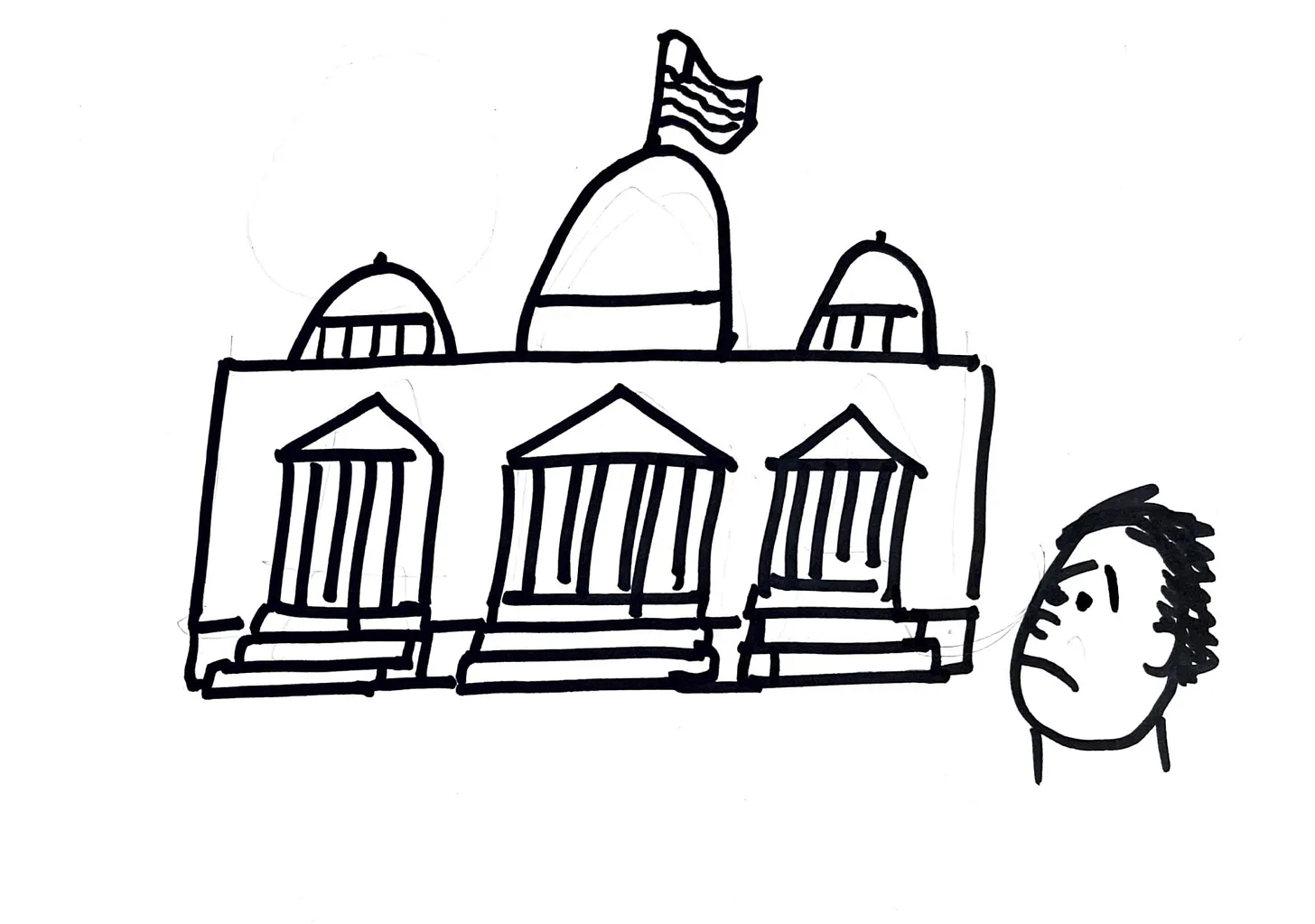Subtitled “The Evolution of Order, from Atoms to Economies”
(Basic Books, 2015, xxi + 232 pp, including 51pp of acknowledgements, notes, and index)
 A few weeks ago I sat down to read the new Yuval Noah Harari book, NEXUS, and just a few pages in noticed a footnote crediting much of his understanding of the concept of “information” to César Hildago’s WHY INFORMATION GROWS. And I realized, I have that book! It’s that green one! So I got it off the shelf and browsed a bit. His thesis based on that browsing seemed very similar, at least analogous if not identical, to a key idea in the Brian Greene book I read recently, UNTIL THE END OF TIME (review here) — the idea that order can build up, despite the 2nd law of thermodynamics, but only *temporarily*, even if temporary means billions of years, because of the course of the life of the *entire* universe, that order (or information) will dissolve back into entropy. (Greene calls this “the entropic two-step”.) How interesting! That meant the little green Hidalgo book has ties to two other big books. So I set Harari aside, to get Hidalgo’s ideas from the source. And here we are. How does this idea relate to “information”? How exactly does he define “information”? That’s what Harari deals with too.
A few weeks ago I sat down to read the new Yuval Noah Harari book, NEXUS, and just a few pages in noticed a footnote crediting much of his understanding of the concept of “information” to César Hildago’s WHY INFORMATION GROWS. And I realized, I have that book! It’s that green one! So I got it off the shelf and browsed a bit. His thesis based on that browsing seemed very similar, at least analogous if not identical, to a key idea in the Brian Greene book I read recently, UNTIL THE END OF TIME (review here) — the idea that order can build up, despite the 2nd law of thermodynamics, but only *temporarily*, even if temporary means billions of years, because of the course of the life of the *entire* universe, that order (or information) will dissolve back into entropy. (Greene calls this “the entropic two-step”.) How interesting! That meant the little green Hidalgo book has ties to two other big books. So I set Harari aside, to get Hidalgo’s ideas from the source. And here we are. How does this idea relate to “information”? How exactly does he define “information”? That’s what Harari deals with too.
(More broadly, the idea of that evolution can happen despite the 2nd law of thermodynamics, an idea disputed by naive, ill-educated people who desperately want evolution to be untrue so that can think their Bible is true, relates to a broad range of topics. And another 2015 book I haven’t read, Matt Ridley’s THE EVOLUTION OF EVERYTHING.)
So: the universe is made of energy, matter, and information, and it’s the last that makes it interesting. It hides in pockets at the universe succumbs to entropy. Nevertheless, information grows. Without summarizing the entire book, here are some key points:
Continue reading →















